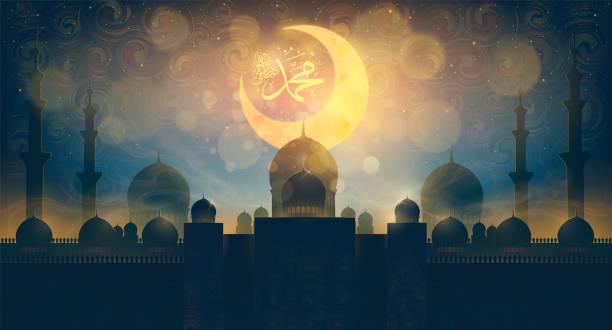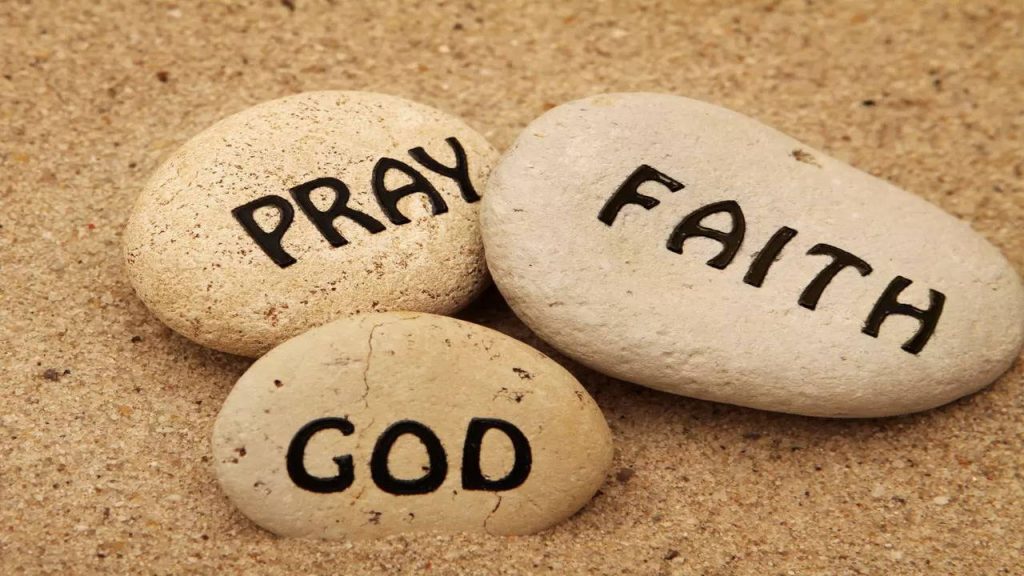In a world that often emphasizes differences, it’s important to pause and reflect on the one truth that transcends all faiths: God is one. Every religion may offer a different path, language, and practice, but the destination remains the same. This blog explores the unity of divinity through the lens of various spiritual traditions and encourages harmony and compassion among all people.
The Atharva Veda and the Symbolism of the Divine
Among the four sacred Vedas in Hinduism, the Atharva Veda contains profound spiritual and mystical knowledge. Its ancient verses refer to a cosmic Linga, believed by some interpretations to be situated in Makkah, a place central to Islam. This reference has sparked spiritual discourse about the interconnectedness of divine symbols across faiths.
The concept of “Sivam” in Hindu philosophy refers to the formless, all-pervading divine light. It is an energy that exists in all things, beyond physical shape and form. This mirrors the Islamic understanding of Allah as a formless and omnipresent divine being. Such similarities suggest that different faiths, while distinct in expression, often point to the same universal truth that God is One, beyond all names and forms.
Muhammad Nabi and the Message of Light
The life of Prophet Muhammad (peace be upon him) is deeply spiritual and transformative. As a child, he was drawn to meditation and solitude, often retreating to the Cave of Hira near Mecca. It was here, during the month of Ramadan, at the age of 40, that he received the first revelation from the angel Jibril (Gabriel), a divine moment that marked the birth of Islam.
He realized the impermanence of the material world and embraced his role as a messenger of the divine. His teachings emphasized unity, compassion, and surrender to the will of the formless God, values that resonate with the core philosophies of other world religions as well.

Different Paths, One Destination
While Hinduism embraces the divine in various forms and manifestations, Islam emphasizes the formless oneness of God. Christianity, Buddhism, and other spiritual traditions each present unique perspectives and practices, but they all lead toward understanding the divine truth and attaining inner peace.
The divine is often described as light, truth, love, omnipresent, limitless, and eternal. Realizing this truth helps us appreciate the diverse spiritual expressions around us. At the same time, it keeps us rooted in the knowledge that God is one.
The Importance of Mutual Respect and Unity
In today’s world, misunderstandings and prejudices often create rifts between communities. Judging people based on religion or spreading hatred only distances us from the divine. Instead, we must teach our children and ourselves to honor every faith and to recognize the divinity in every being.
When we focus on the essence of religious teachings love, compassion, truth, and service we begin to see humanity as one family. Every religion carries wisdom. We must learn to take what is good and relevant to our lives from all paths.
Surrendering to the Divine
Whatever we do, we must place the divine in front of us as our guide, our protector, and our purpose. Surrendering to the divine means trusting in the unseen, seeking support through prayer, and aligning our actions with truth and humility.
There is no need to cling to religious differences. We are all human beings, walking different paths but seeking the same light. Compassion, unity, and humility should be the values we live by.
Conclusion: Love Beyond Boundaries
Let us not divide ourselves by religion, caste, or creed. Let us see humanity beyond labels and live with compassion, kindness, and empathy. Every religion offers a path to the divine. Choose the one that resonates with your soul, but walk it with respect for others.
May we all grow in understanding, spread love, and live in unity, for the divine light is within and around us all.

